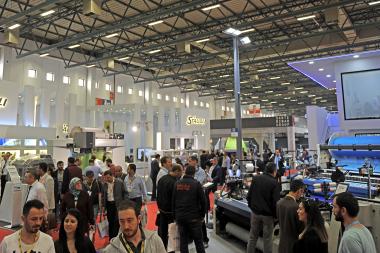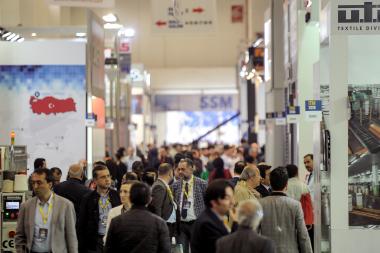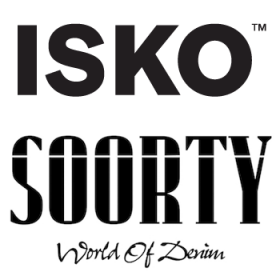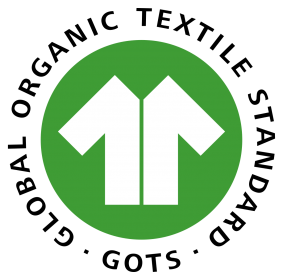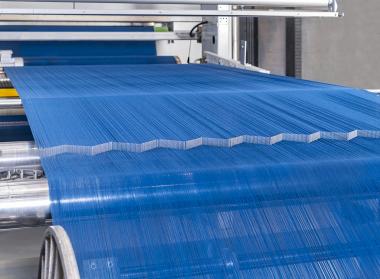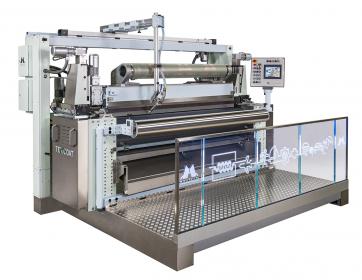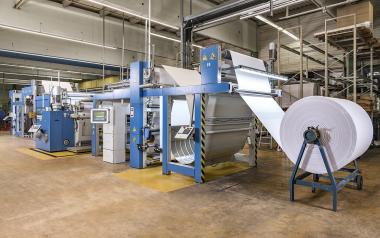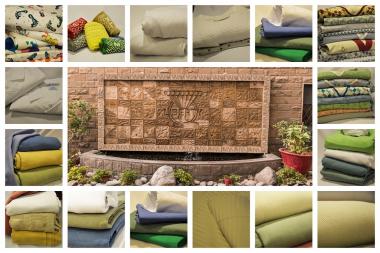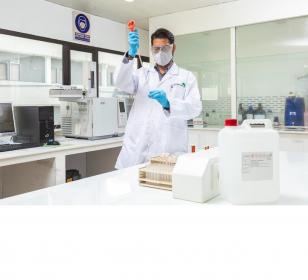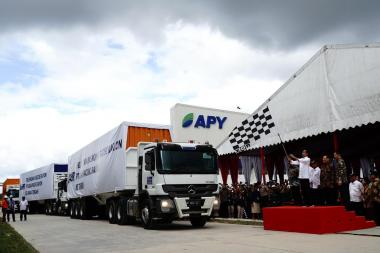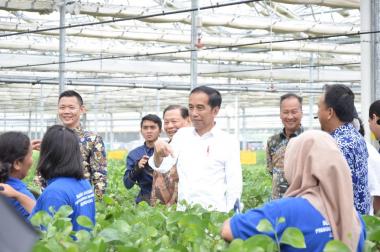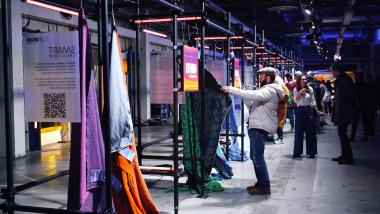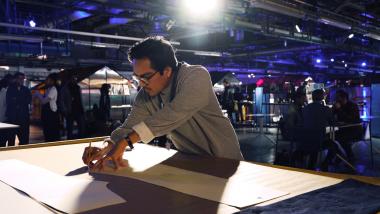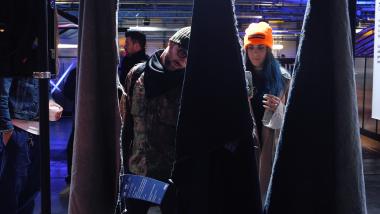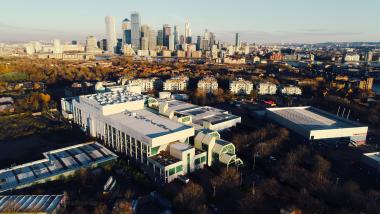Cotton Market Fundamentals & Price Outlook – July 22
SUPPLY, DEMAND, & TRADE
The latest USDA report featured reductions to figures for both world production and mill-use for both the 2021/22 and 2022/23 crop years. For 2021/22, the global production estimate was lowered -0.7 million bales (to 116.2 million) and global consumption was lowered -1.9 million bales (to 119.8 million). For 2022/23, the global production forecast was lowered -1.2 million bales (to 120.7 million) and global consumption was lowered -1.6 million bales (to 119.9 million).
With the decreases in use exceeding the declines in production, figures for global ending stocks increased. For 2021/22, the projection rose +1.1 million bales (to 84.0 million). For 2022/23, the forecast increased +1.6 million bales (to 84.3 million).
At the country-level, the largest changes to 2021/22 production were for Brazil (-400,000 bales to 12.3 million) and Uzbekistan (-100,00 bales to 2.7 million). The largest changes for the 2022/23 harvest were for the U.S. (-1.0 million bales to 15.5 million) and Brazil (-200,000 bales to 13.0 million).
It may be notable that there were no upward country-level revisions for mill-use in either 2021/22 or 2022/23. The largest revisions for 2021/22 included those for China (-1.0 million to 37.0 million), Vietnam (-400,000 bales to 6.9 million), Bangladesh (-300,000 to 8.0 million), Pakistan (-100,000 bales to 10.9 million), and Uzbekistan (-100,000 bales to 2.7 million). For 2022/23, consumption estimates were lowered for China (-500,000 bales to 37.5 million), India (-500,000 bales to 25.0 million), Bangladesh (-300,000 bales to 8.6 million), and Vietnam (-300,000 bales to 7.1 million).
The global trade forecast for 2022/23 was lowered -1.1 million bales (to 46.4 million). The most significant changes on the import side included those for China (-500,000 bales to 10.0 million), Bangladesh (-300,000 bales to 8.5 million), and Vietnam (-300,000 bales to 7.2 million). On the export side, the largest updates included those for the U.S. (-500,000 bales to 14.0 million) and Australia (+300,000 bales to 6.0 million).
PRICE OUTLOOK
Recent volatility was not limited to the cotton market. A wide range of commodities lost significant value in June. Between June 9th and July 5th (dates chosen unsystematically to describe the magnitude of declines), cotton fell -25% (NY/ICE December futures), corn fell -19% (Chicago Board of Trade, December contract), soybeans fell -17% (Chicago Board of Trade, November contract), wheat fell -25% (Chicago Board of Trade, December contract), copper fell -20% (London Metal Exchange, nearby), and Brent crude oil fell -12% (ICE, nearby).
The breadth of losses throughout the commodity sector suggests a sea change in investor sentiment for the entire category. The effects of inflation, the withdrawal of stimulus, rising interest rates, and concerns about a possible recession could all be reasons explaining a reversal of speculative bets, and all could be contributors to the losses. While the macroeconomic environment can be expected to continue to weigh on prices, there are also supportive forces for the market that are specific to cotton.
The current USDA forecast for U.S. cotton production is 15.5 million bales, and it may get smaller over time because of the severe drought in West Texas. The current harvest figure is two million bales lower than the 2021/22 number and is equal to the five-year average for U.S. cotton exports (2017/18-2021/22). On top of exports, the U.S. will need to supply domestic mills with 2.5 million bales. The last time the U.S. had a severely drought-impacted crop (2020/21), the harvest was only 14.6 million bales. In that crop year, the U.S. was able to export more than it grew because it had accumulated stocks in the previous year. The U.S. is coming into the 2022/23 crop year with low stocks. This suggests U.S. shipments may have been rationed. Since the U.S. is the world’s largest exporter, this may lend some support to prices internationally.
Cotton Incorporated





